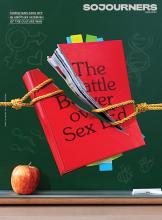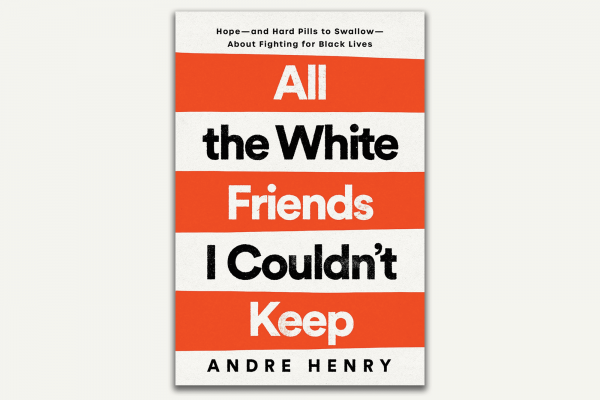AUSTIN CHANNING BROWN, author of I’m Still Here: Black Dignity in a World Made for Whiteness, posted once that she didn’t need “more friends” but rather wanted “partners in the struggle for justice.”
As a white Midwesterner, I’d thought of racial injustice as an individual problem—individuals not liking other individuals who didn’t look like them. Therefore, the answer to racism was friendship. I worked at churches that celebrated calls to the common table in worship, absent confession or repentance, to sanctify my individualistic take on race. Brown’s words shook me—this activist wants co-laborers, not friends? What even is the work if it’s not friendship?
While Andre Henry is Black and grew up in the South, he and I were raised on the same milk of individualistic race relations. In his debut book, All the White Friends I Couldn’t Keep, Henry narrates his journey out of the “colorblind” evangelicalism of his childhood to being an artist, activist, and community organizer for systemic racial justice.
Read the Full Article

